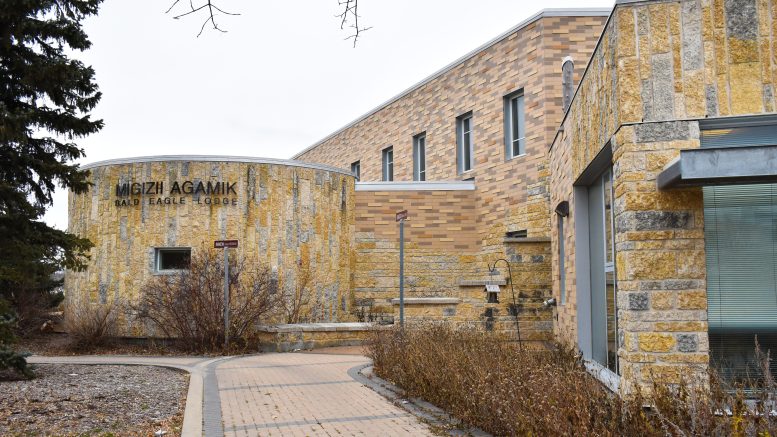The University of Manitoba’s Career Services recently launched its Indigenous Career Mentorship Program (ICMP). The program provides the opportunity for Indigenous students to be paired with a mentor from within the Indigenous community, while also helping Indigenous students to become more informed about future career decisions.
The ICMP centres around an interview where students can ask mentors questions about jobs in generalized industries. Some topics that interview questions may focus on are a mentor’s achievements, work environment, work-life balance or the social recognition they experience as a result of their work.
Jordan Robinson, an Indigenous career consultant with U of M Career Services and the director of the ICMP, said the main goal of the program is “to connect Indigenous students to Indigenous professionals within generalized industries.”
Robinson explained that the program provides opportunity for Indigenous students, as it creates connections in a professional and cultural way.
“I think that this program will provide Indigenous students the opportunity to increase their information and knowledge about specific workplace industries, as well as what it means to be an Indigenous employee within that workforce or industry,” they said.
Robinson stated that ICMP works to build more knowledge about the workforce and what employment options are available to students after university, as many students have a hard time with career decision-making.
“A lot of times students struggle due to lack of information or lack of knowledge around job occupations, or what kind of opportunities are out there,” Robinson said.
“So being able to connect with people who are already in a workforce will assist and support students in finding more information about those particular opportunities, as well as options for themselves.”
Chloe Dreilich-Girard, a Métis student at the U of M in the fourth-year of her degree, as well as the current president of the Arts Student Body Council, offered some insight into the importance of this program based on her own experience with mentorship programs in the past.
Dreilich-Girard said that she thinks mentorship programs are beneficial to students due to the interpersonal connections they create. She also highlighted that these programs benefit students and mentors alike, as both can learn from the experience.
“Mentorship in general is something that I think everybody should partake in,” she said.
Although there is already a career mentorship program available at the U of M, Dreilich-Girard thinks the launch of the ICMP is critical to many Indigenous students, as it offers a cultural connection to the professional world.
“It’s really great to see that the university is doing this, and making sure that they uplift Indigenous peoples and students, and really make sure that they’re able to succeed in every way possible,” she said.
Dreilich-Girard added that Indigenous mentors are in a position to help Indigenous students grow by sharing their unique lived experiences with their mentees.
“You’re able to relate to them on a deeper level, which really helps I think, especially in navigating not only your education, but also your future career,” she said.
“The person that is with you has been through a lot of similar things that you’ve been through, and has been faced with the barriers, the racism, all those things that come unfortunately with the identity, but also all the great things.”
More information about the program can be found through the Career Services page on the University of Manitoba’s website.

